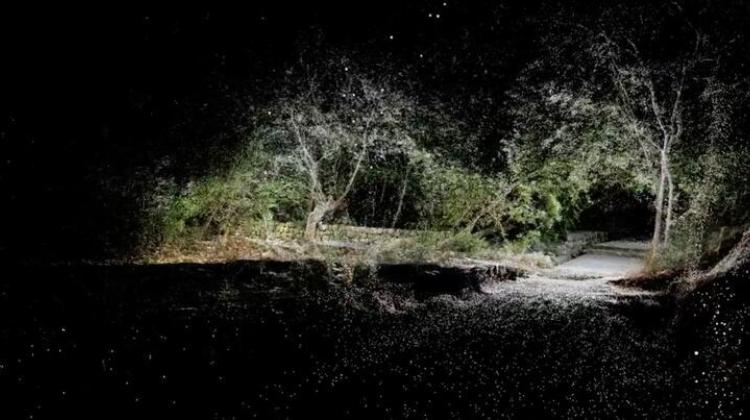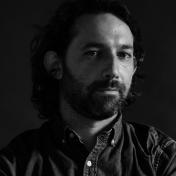Eliyahu (Eli) Keller
Eliyahu (Eli) Keller is an architect, researcher, author, and a Ph.D. candidate in History, Theory and Criticism of Architecture and Art program at the Massachusetts Institute of Technology. Since 2021, he has been serving as the director of the History and Theory study unit at the newly established Negev School of Architecture in Israel. He is the co-editor of SCATTER!, the 46th volume of the MIT Architecture's departmental, peer-reviewed journal Thresholds, published in March 2018 by the MIT Press. Eliyahu holds a Bachelor of Architecture from Ariel University, (Suma Cum Laude) and a Master in Design Studies (History and Philosophy of Design) with Distinction from the Harvard Graduate School of Design. At the GSD, he served as a research assistant for the Harvard-Mellon Urban Initiative and was a member of the Berlin Portal Research Group, and was the recipient of several grants and awards such as the 2016 Dimitris Pikionis Award from the Harvard Graduate School of Design, the David Rockefeller Center for Latin American Studies Travelling Grant.
At MIT, Eliyahu's doctoral research engages the intersection of architectural representation, critical theory, and politics within the design disciplines. His dissertation, titled 'Drawing Apocalypse: Architectural Representation in the Nuclear Age and the Imagination of the End, explores the role of architectural images in the construction of apocalyptic visions and fictions during the nuclear age in the United States. His work has been supported by various grants and institutions including The Canadian Centre for Architecture, the Getty Foundation, and the New England Chapter of the Society of Archtiectural Historians. Eliyahu has organized and taught several design-research workshops including, Migrating the City (2017), Digital Archeology, Virtual Narratives (2019) and Augmented Historical Pedagogies: Tiergarten's Hidden Urban Narratives. He also founded the Cinema and Architectural Imagination Film Series, which took place at the Department of Architecture during the Covid-19 pandemic.
Eliyahu has lectured and served as an invited critic in various institutions such as Pratt Institute, the Rhode Island School of Design, Boston Architectural College, Bezalel Academy of Arts in Jerusalem, the Technion-Israel Institute of Technology, Harvard University and MIT.
Using advanced simulation techniques, 3D scanning, and real-time rendering, as well as an array of archival, historical and scholarly resources, students produced experiential representations of Lifta's contested terrain, in which they challenge both the traditional understanding of the site's past, as well as the traditional approaches to the study of conflicted histories. Working in groups, the students digitally captured of the site using photogrammetry and laser-scanning, and produced several visual installations, making available experiences that present a bricolage of Lifta’s material remains, conceived as a pedagogical tool. The exhibition presents the culmination of these efforts through four immersive and connected virtual reality experiences. In each of these, the audience is exposed to the various narratives and histories in which Lifta was perceived, represented and inhabited, and the narratives constructed by the students, through which Lifta's complex histories can be seen anew.
“Cinema and Architectural Imagination” is a student-led series of conversations about the various ways in which the imagination of the built environment, architecture, landscape, and urban environments is mediated through film. Throughout the semester, it will discuss films from various genres, periods, geographies, and cultures, and explore the power of architectural imagination within the world of moving images. Each film will be presented with a recorded introduction and a public Zoom discussion with the presenters.





